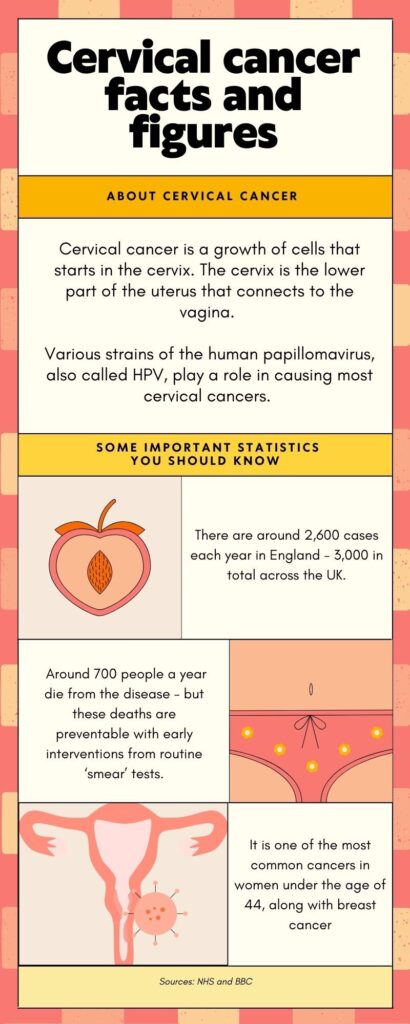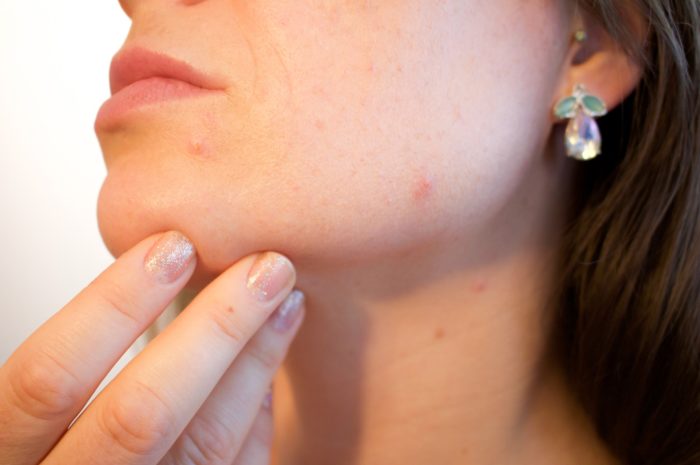NHS England boss vows to eradicate cervical cancers by 2040 and urges people to attend screenings
Experts have backed NHS England’s promise to eliminate cervical cancer cases by 2040 following an announcement from boss Amanda Pritchard.
There are currently around 2,600 women, and those assigned female at birth, a year in England are diagnosed with cervical cancer. But Pritchard has claimed that improved rates of vaccination and screening, the point where almost nobody gets the cancer could be achieved within two decades, in reports by the BBC.
Speaking in Liverpool at the annual conference of NHS Providers, which represents health managers, Ms Pritchard claims she wants to make it “easier than ever” for people to protect themselves from cervical cancer. She added: “It is truly momentous to be able to set out such an important, life-saving ambition – to eliminate cervical cancer would be an incredible achievement.
“As ever, the public can play their part by coming forward for their vaccines and screening appointments when invited – to achieve our goal of eliminating cervical cancer, we need as many people as possible to take up the offer. So please don’t delay – it could save your life.”
Eradicating the form of cancer means getting cases down to a low rate of four cases per 100,000, as defined by the World Health Organization (WHO). HPV (human papillomavirus) vaccinations are being used to help prevent the transmission of the virus which is linked to the disease – with around 86% of girls and 81% of boys in England being jabbed against it.
The vaccine being used is 90% effective in protecting against the virus. However, cervical screenings are key in finding and treating any abnormal cells early.
Latest figures show one in three people eligible for cervical screenings do not come forward for it. To tackle this, the NHS will be expanding of trials of self-testing screening kits.
Cancer Research UK’s Dr Julie Sharp, has since shown support for the vow as she told the broadcaster that she believes that eliminating cervical cancer was a realistic goal. However, she claims there needed to be an increase in vaccinations and screenings – but also campaigns to tackle shame, bad experiences, difficulty booking appointments and the overall understanding of smear tests.
Dr Sharp said: “This ambition will only be possible if the vaccination and screening programmes are backed by sufficient resource and modern IT infrastructure.”
However, Dr Elizabeth Marsh, Associate Professor in Cellular and Molecular Biology at the University of Derby, has warned that tackling cancers linked to HPV is about more than just cervical cancer.
In her response, the expert in HPV-positive cancers said: “The HPV vaccine has already played a significant part in helping reduce the incidence of cervical cancer. However, the HPV virus is also associated with other cancers, including head and neck cancers.
“In fact, HPV-positive head and neck cancer in men has overtaken incidence of cervical cancer in the UK and the US. Head and neck cancer is now the 8th most common cancer in the UK and the 4th most diagnosed in men, with around 12,500 people diagnosed each year.
“Whilst it is important to continue to support the HPV vaccination programme for cervical cancer, it is vital that we don’t lose sight of the other devastating cancers caused by this virus. Here at the University of Derby we have worked with colleagues at local NHS Trusts and cancer charities to raise awareness of HPV-related head and neck cancer and how to self-check for symptoms.”
For more information from Cysters about cervical cancers click here.
Original Article – NHS England promises to eliminate cervical cancer by 2040 – BBC News




